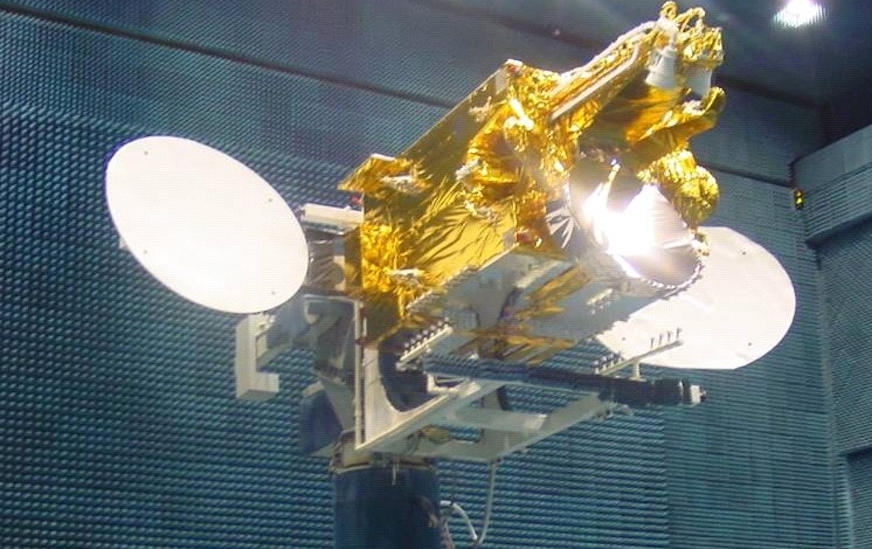Venezuela’s only telecommunications satellite has veered off its orbit and stopped working, creating a logistical headache for the cash-strapped South American country.

According to Space News, Venezuela’s satellite, VeneSat-1 satellite has been stuck for 11 days in an elliptical orbit above the geostationary arc. This has been observed two US companies that track satellites.
The website further reported that both Venezuela and China planned in January this year to develop a replacement satellite titled VeneSat-2, which would continue service after VeneSat-1 retired. The first one was expected to remain in service till at least 2024.
The Chinese-built satellite was launched with much fanfare in 2008 under the watch of former president Hugo Chavez, who said that the six-tonne machine would help to “construct 21st-century socialism” and contribute to Venezuela’s “independence and sovereignty”.
But as Chavez’s socialist revolution decays under US sanctions and years of economic mismanagement, the country’s prized satellite is tumbling in space and has become useless three years before its planned expiration date.
The satellite was helping to provide internet services to rural areas that are not connected to fiber optic cables, and was also being used to broadcast Venezuela’s heavily politicized state-run television channels into poor or rural homes that have no access to cable TV.
“Now the government will need to resort to international satellite providers to distribute its content” to the poorest Venezuelans, said William Pena, a Venezuelan journalist who specializes on telecommunications.
But migrating to commercial satellites will cost millions of dollars and could be hindered by US sanctions.
Venezuela’s Ministry of Science confirmed in a statement on Wednesday that the Simon Bolivar Satellite – named after Venezuela’s independence hero – was no longer operational.
ExoAnalytic Solutions said that satellites could be forced out of their planned orbits by factors that include overheating, a component failure or impact from micro meteors.
Analysts in Venezuela believe that the satellite could have been lost due to a shortage of fuel.
AAP 2020














